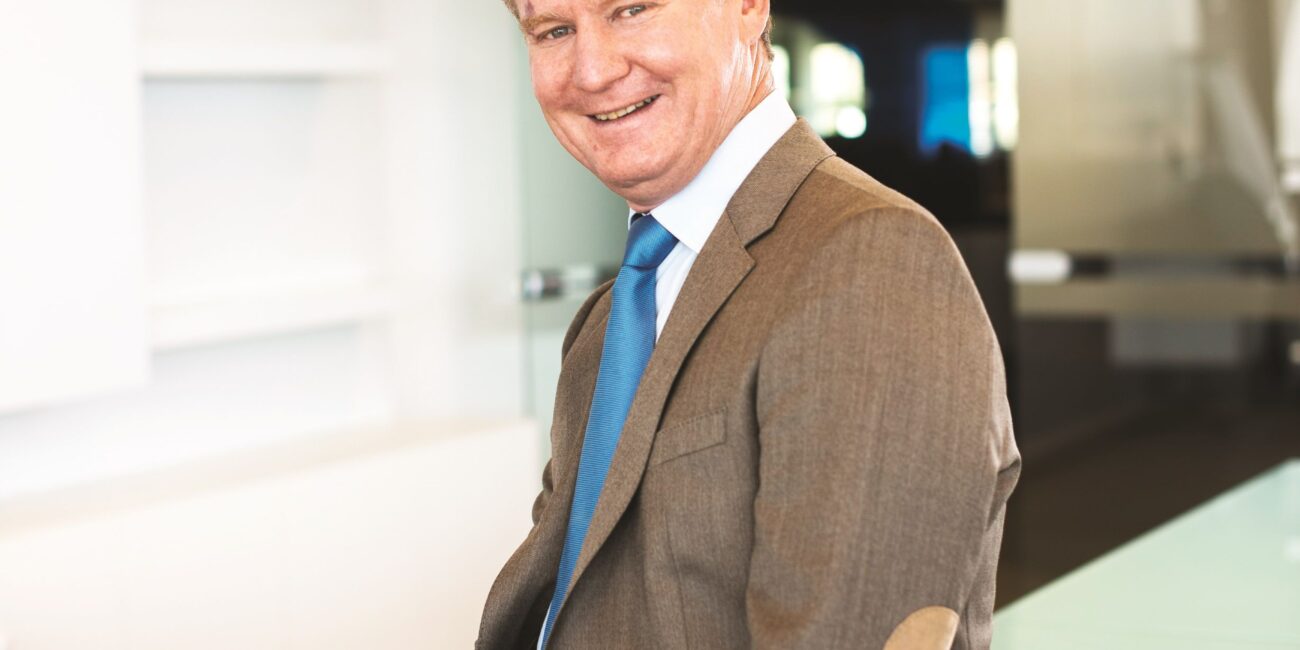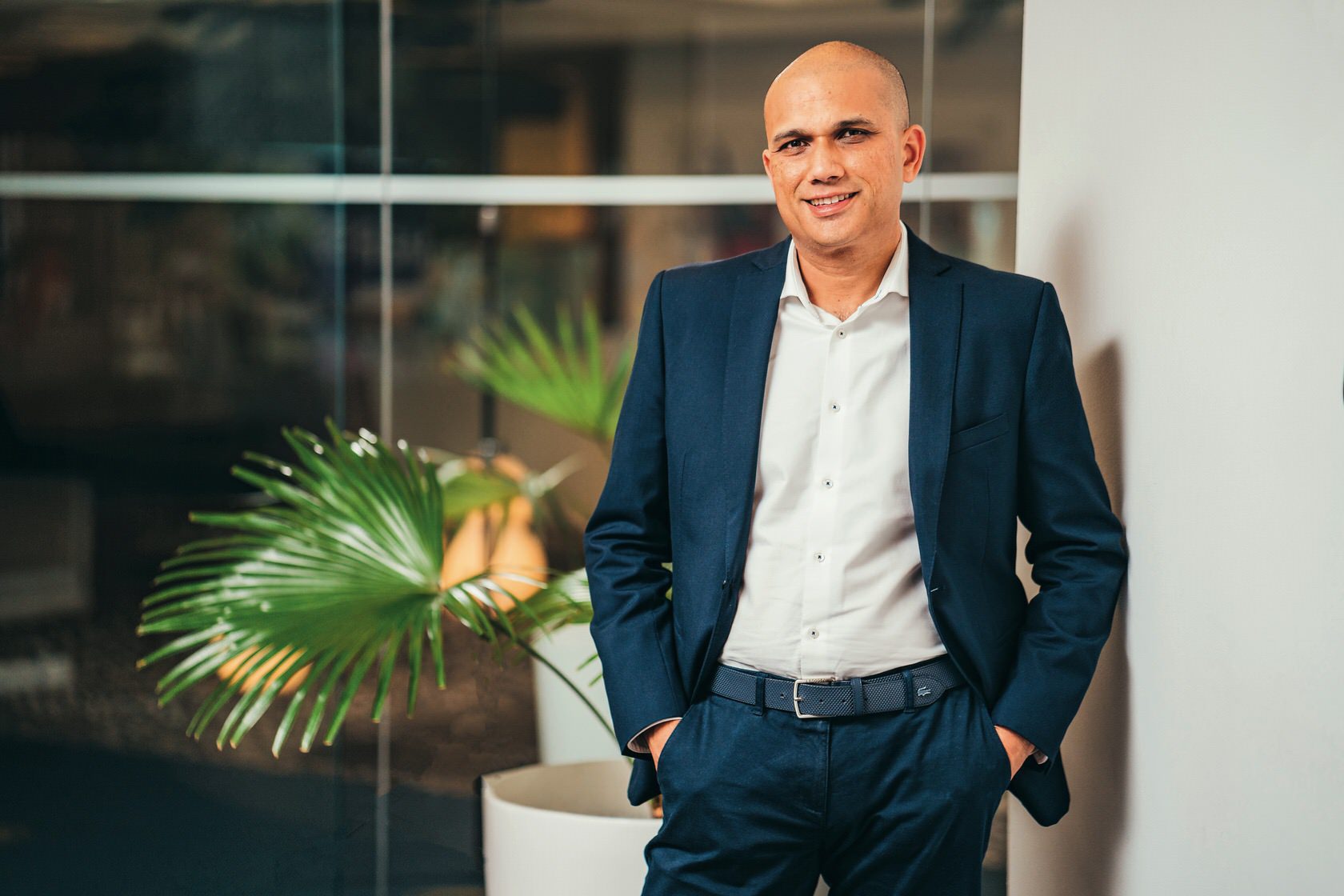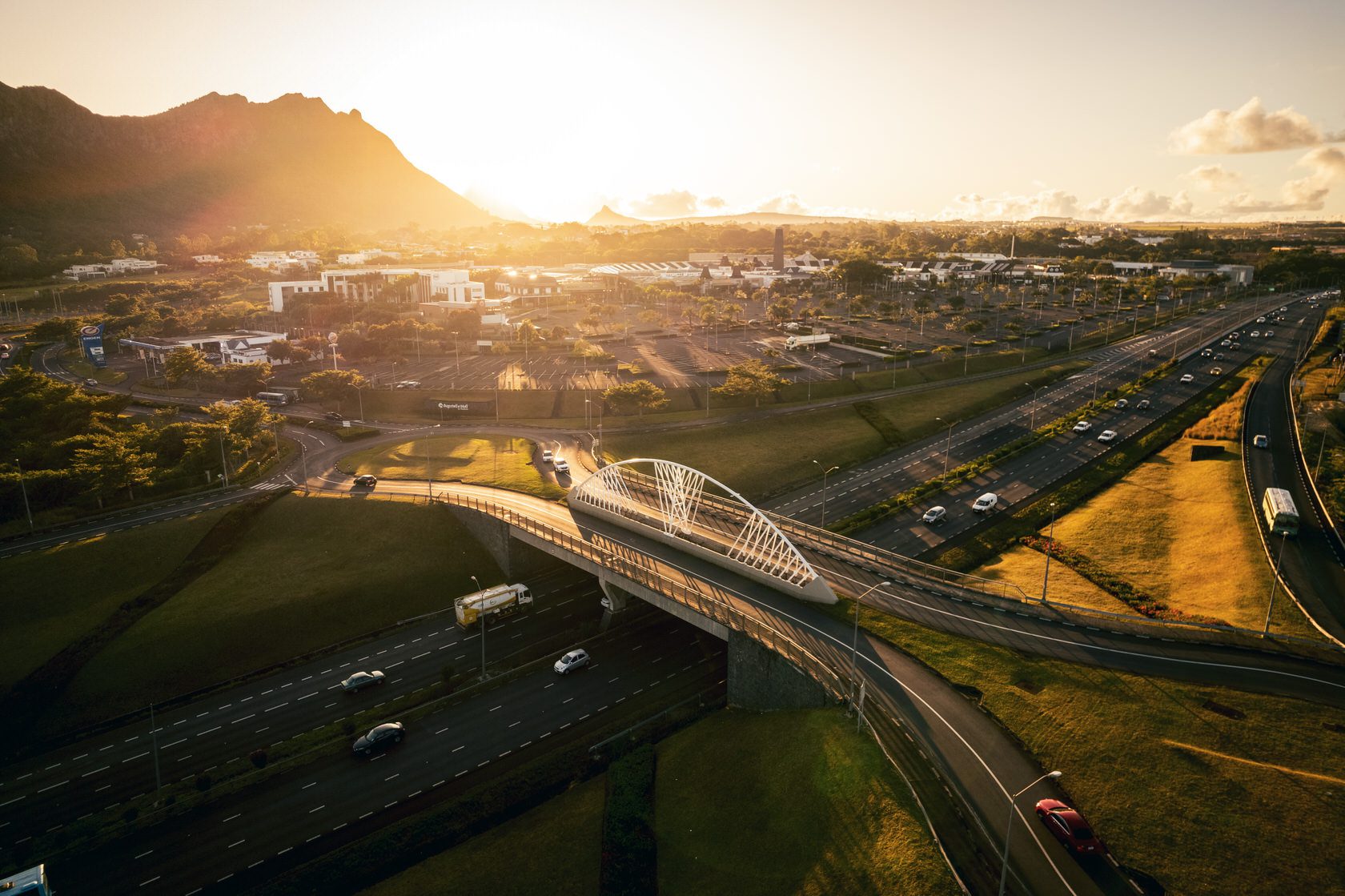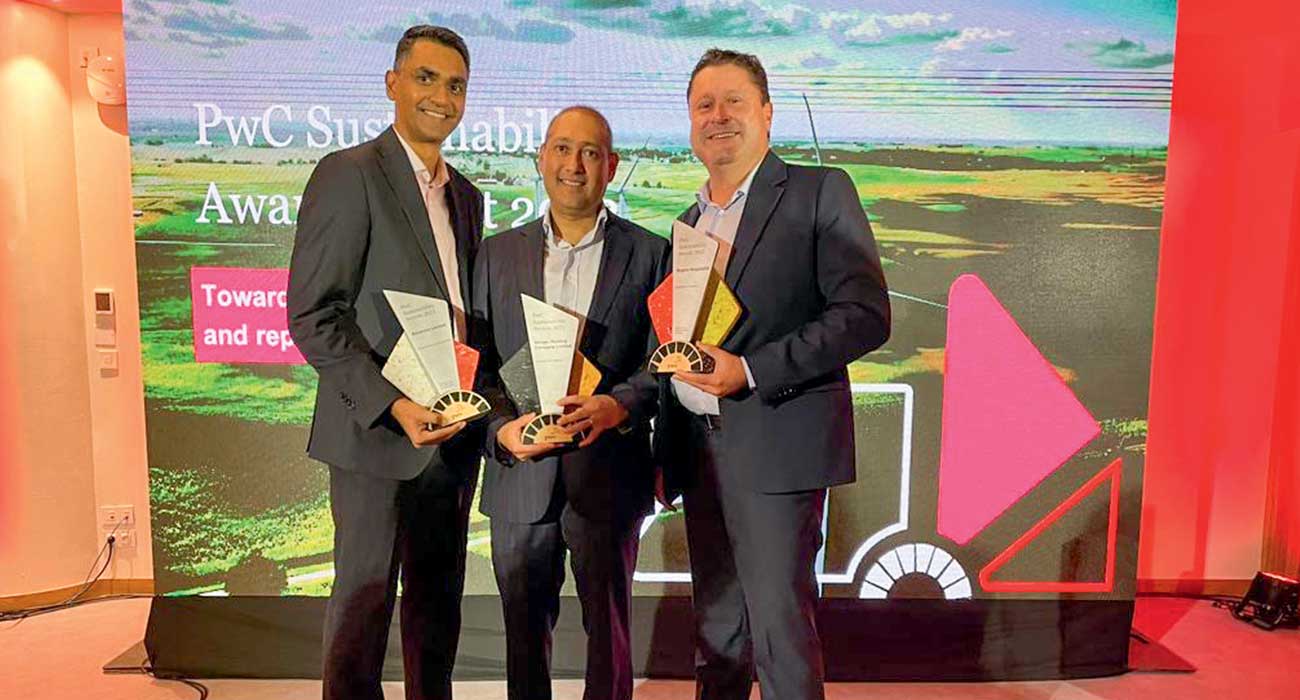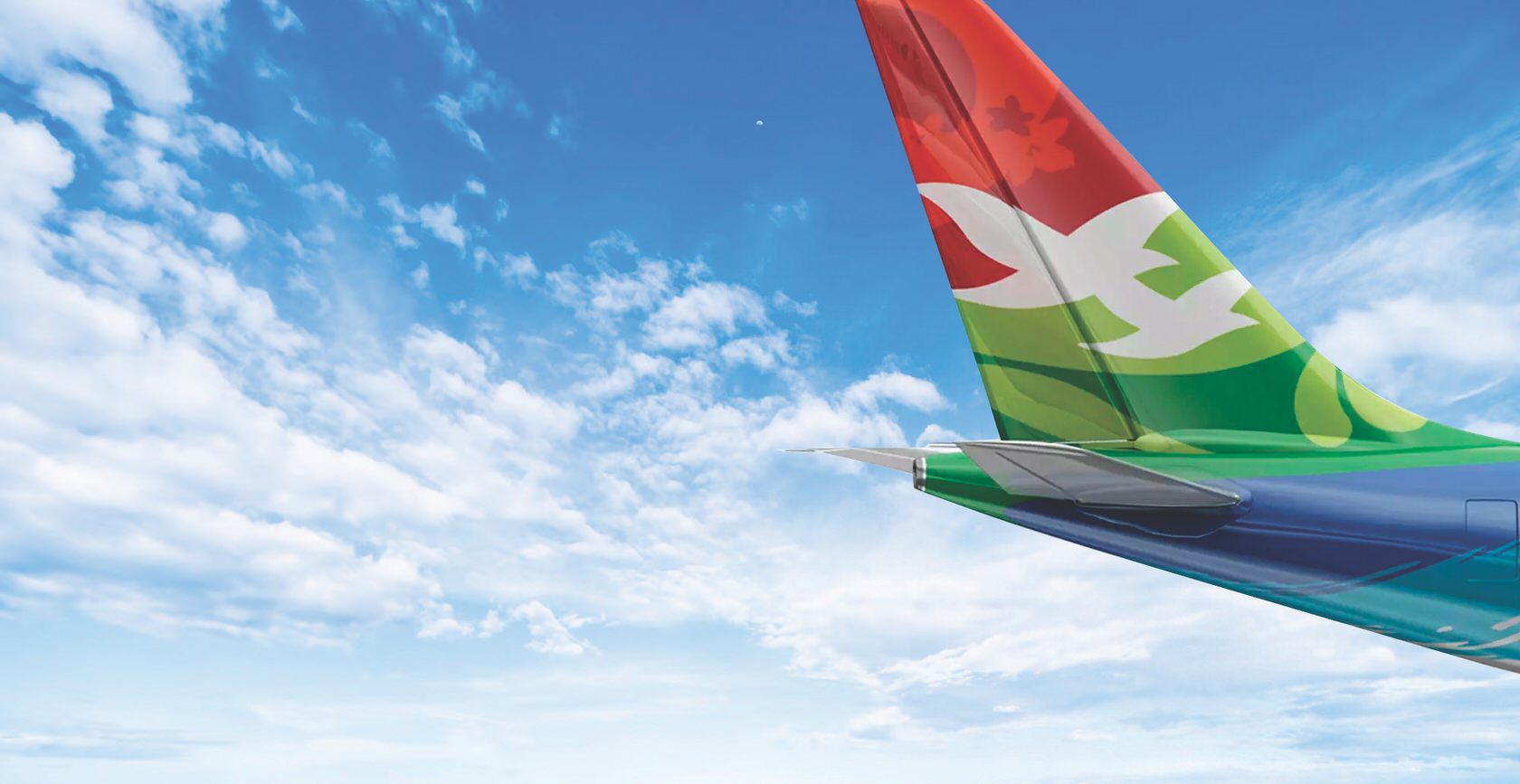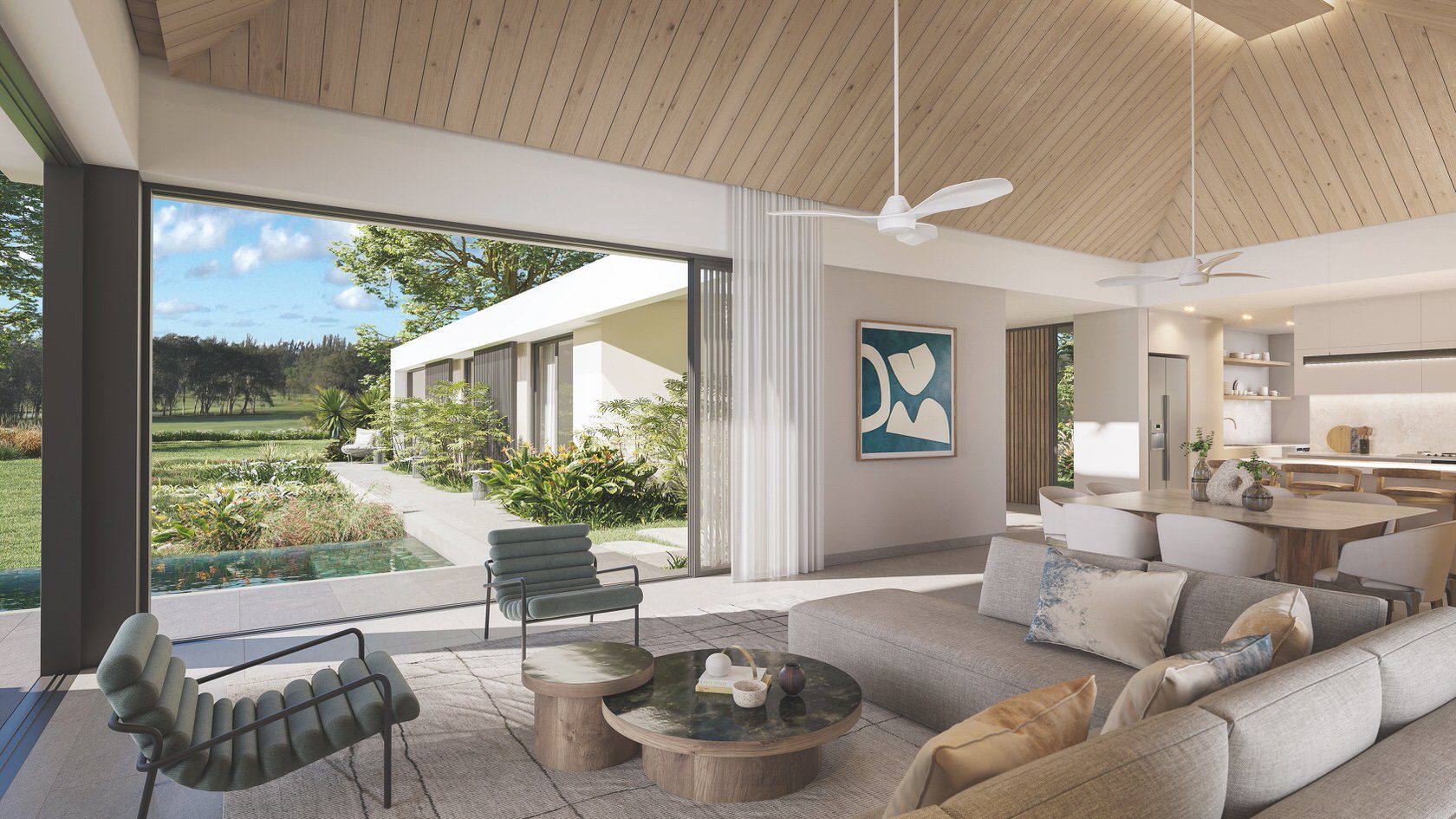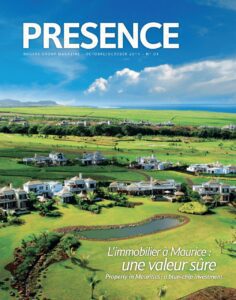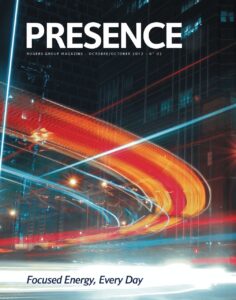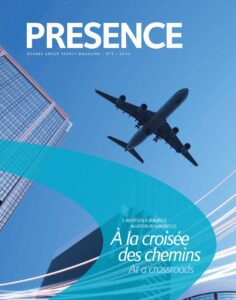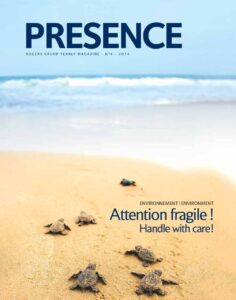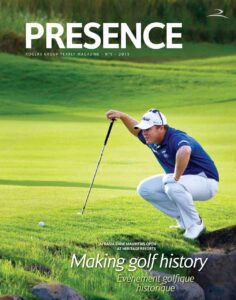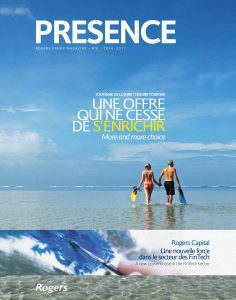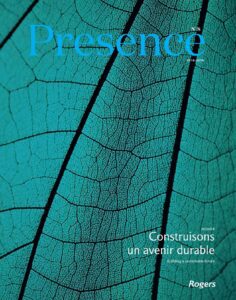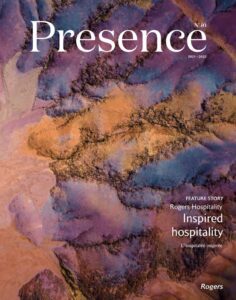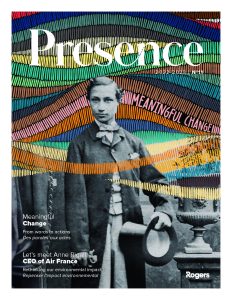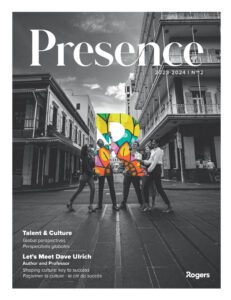If the level of greenhouse gases in the atmosphere continues to follow current trends, average global temperatures could exceed pre-industrial levels by 3°C to 6°C between now and 2050, going beyond the target set internationally to limit warming to 2°C. Exceeding this ceiling will lead to a change in rain patterns, growth of glacier and permafrost melting, a rise in sea levels and an increase in the intensity and frequency of extreme weather conditions. The ability of populations and ecosystems to adapt could be threatened.
The OECD’s Environmental Outlook to 2050 paints a depressing scenario. The study, published in 2012, assessed the impact on the environment if humans fail to take steps to better manage their natural resources. However, it is a realistic picture that leaves no room for complacency as the degradation and erosion of our natural environmental capital risks leading to “irreversible changes which could endanger all the progress made over the last two centuries in improving living standards.” The risk is even greater for a small island state such as Mauritius. As well as the enormous challenge posed by climate, our coastal and marine resources are subject to heavy stress by our marine and land activities. Some of the factors leading to the degradation of biodiversity are natural but others are of anthropogenic origin, resulting from human activity. It appears essential to restrict this decline through more efficient management of natural resources and above all a collective awareness of what is at stake in order to bring about a change in attitudes and behaviour throughout society.
Rogers has played a major role in the country’s economic and social development for more than a hundred years. We are firmly convinced that further development is inextricably linked to environmental sustainability. Our country has natural resources of immense ecological value as well as high socio-economic potential that need to be conserved at all costs. The concept of sustainable development and environmental conservation has already made some considerable headway in Mauritian business companies.
Our own Group has a rich natural heritage on which the durability of our economic activities is highly dependent. After our useful involvement in the fight against HIV/AIDS between 2007 and 2013, we have decided to now focus our efforts on the island’s coastal and marine environment in allocating a budget of
Rs50 million (some €1.2 million) and in applying a methodology that has already proved effective. Each of our business sectors has chosen an area for their involvement in concrete activities over a five-year period in order to make a visible difference.
This initiative is part of the company’s economic responsibilities as much as social and environmental ones, and very much in line with the Maurice Ile Durable project, which embraces the 5E of Energy, Environment, Employment, Energy and Equality. It can also contribute to a change in attitudes and serve
as a model, mobilising others’ efforts and resources in support of the vast field that the environment represents.
We are also contributing to awareness of the issues through the main feature in the current issue of PRESENCE, which looks at the subject in detail through interviews with key national and international figures. From these it appears that, whilst there is growing awareness amongst stakeholders – both in the public and private sectors as well as amongst NGOs – what has been done so far amounts to but small steps in the right direction.
It is clear that the situation is urgent and simple statements, however eloquent they may be, are no longer enough. Whatever is happening globally, environmental awareness is even more essential for small island states like Mauritius. There are vital issues at stake and we need to accelerate the process of creating awareness whilst engaging in a significant number of new activities at the earliest if we are to make a real impact.
Philippe Espitalier-Noël
Chief Executive Officer
Rogers & Co. Ltd

